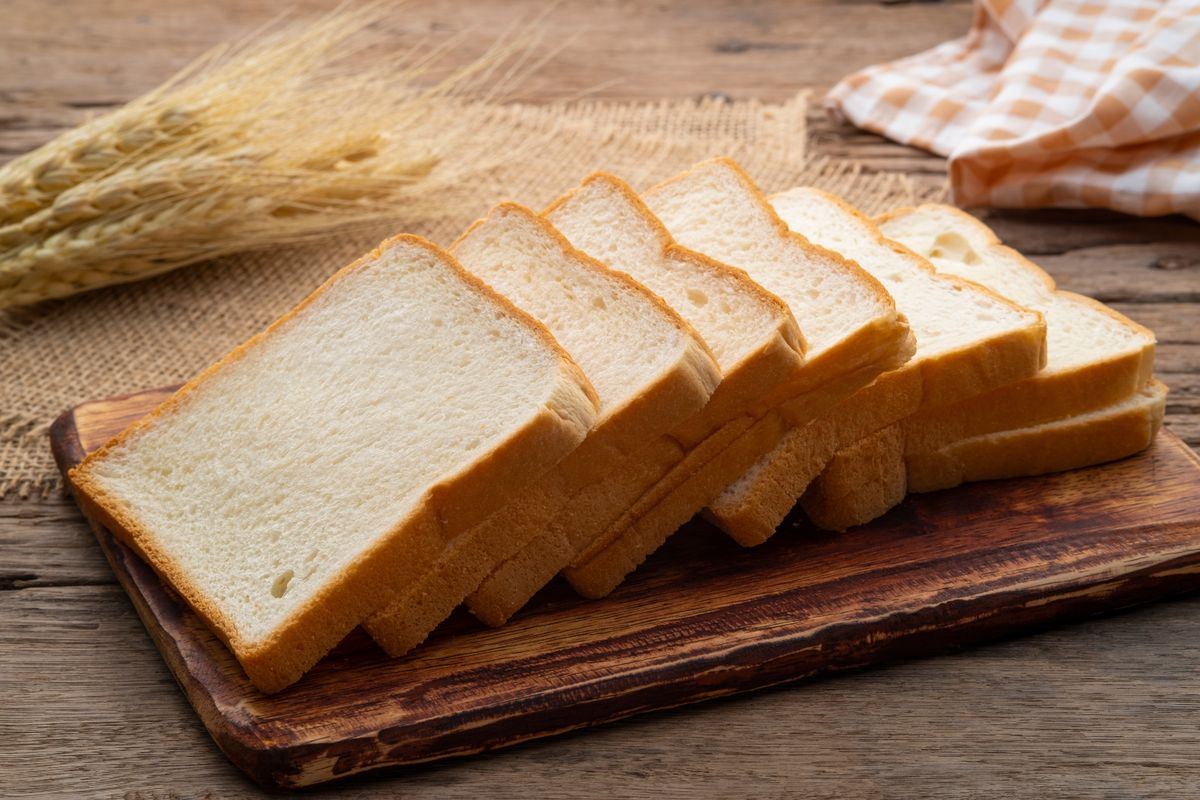The Impact of Belly Fat on Your Health: Extensive research indicates that belly fat can pose serious health risks, including diabetes, high blood pressure, heart disease, cancer, as well as liver and kidney issues. While genetics play a role in determining where your body stores fat, your eating habits also significantly influence fat storage. The types of food you select, portion sizes, and meal timing all contribute to the accumulation of body fat. Specifically, there are certain foods that have a higher likelihood of leading to abdominal fat. Today, we shed light on eight inflammatory foods that contribute to belly fat, urging you to remove them from your diet promptly.
Belly fat can exist in two forms: subcutaneous and visceral fat. While an excess of either can be detrimental to your well-being, visceral fat is of greater concern. This type of fat surrounds the organs in your abdominal region and is associated with an elevated risk of chronic diseases. On the other hand, subcutaneous fat resides just beneath the skin, making it less harmful. In fact, this form of body fat provides some organ protection and assists in regulating body temperature. Therefore, maintaining a healthy amount of subcutaneous fat can be beneficial for your overall health. Although factors like genetics, gender, age, and hormones influence body fat distribution, your lifestyle choices play a significant role in determining your level of abdominal fat.
If you've noticed an increase in abdominal fat, adopting certain dietary practices may prove helpful. It's advisable to increase your fiber intake, reduce alcohol consumption, incorporate more lean protein into your meals, and avoid food and beverages containing added sugars. Taking it a step further, steering clear of these eight inflammatory foods known to contribute to belly fat can significantly aid in your efforts.
1) Commercially Prepared Pastries:

Although homemade muffins or bread may be kinder to your waistline, commercially prepared pastries tend to be loaded with excessive sugar and calories. They are also notorious for containing trans fats, which are artificial fats often used as a cheaper alternative to butter. Trans fats have been shown to promote inflammation and increase the risk of cardiovascular disease (CVD) and other illnesses.
To satisfy your pastry cravings, consider making them at home using healthier fats like olive oil. It's also crucial to limit your consumption of commercially prepared treats.
2) White Bread:
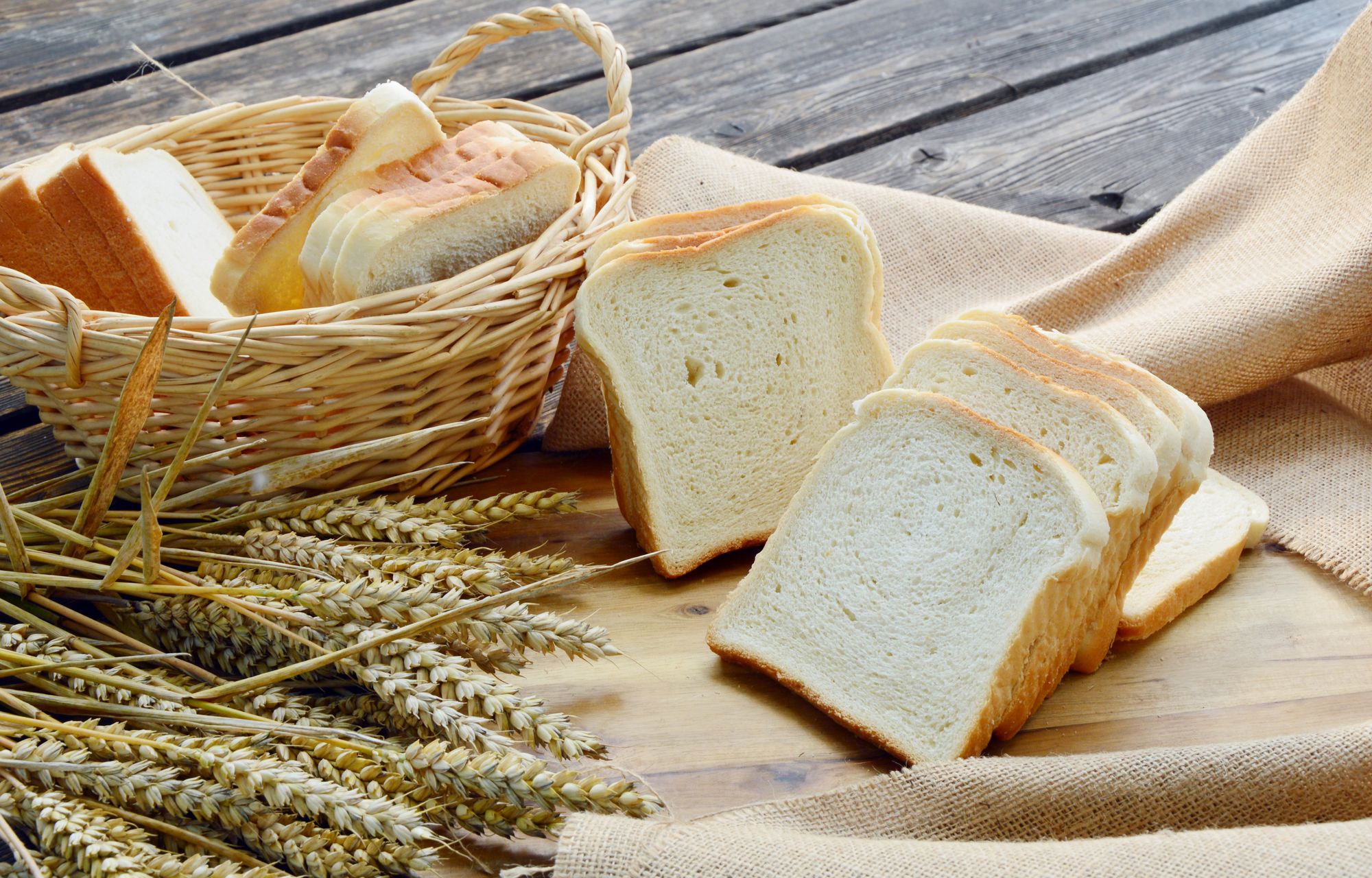
White bread, a staple in many households, is not typically known for its nutritional value. One of its main drawbacks is its low fiber content. Fiber plays a crucial role in increasing satiety, stabilizing hunger levels, and promoting better food choices and appropriate energy intake. Additionally, adequate fiber intake has been associated with reduced belly fat. Unfortunately, many refined carbohydrates like white bread, cereal, crackers, and common snacks lack fiber.
To boost your fiber intake, turn to sources such as whole grain products, beans, lentils, nuts, seeds, oatmeal, fruits, and vegetables. These will not only provide essential fiber but also contribute to a healthier belly fat profile.
3) Cereal:
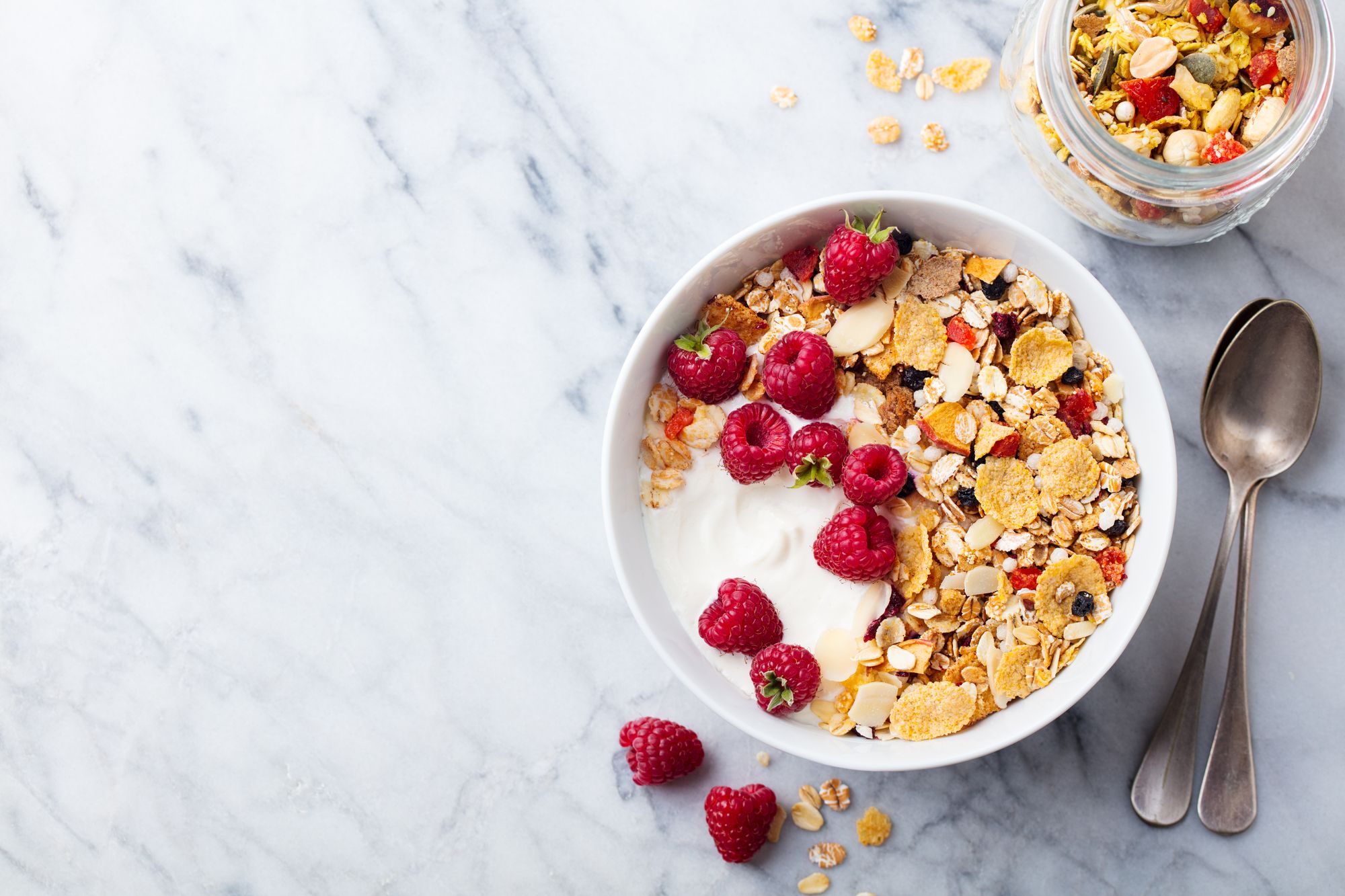
You may be surprised to find this popular breakfast staple on the list of inflammatory foods that contribute to belly fat. Some cereals, particularly those packed with sugar, are far from waistline-friendly. Options that contain added sugar and lack fiber are the primary culprits. The high sugar content not only promotes inflammation and belly fat but can also disrupt your gut microbiome. Imbalances in gut bacteria have been linked to an increased risk of obesity, CVD, gut disorders, and weight gain. Moreover, such imbalances can contribute to higher levels of visceral fat.
If you're a cereal lover, opt for low-sugar varieties with fewer than five grams of sugar per serving. Additionally, be mindful of portion sizes and stick to a single serving.
4) Soda:
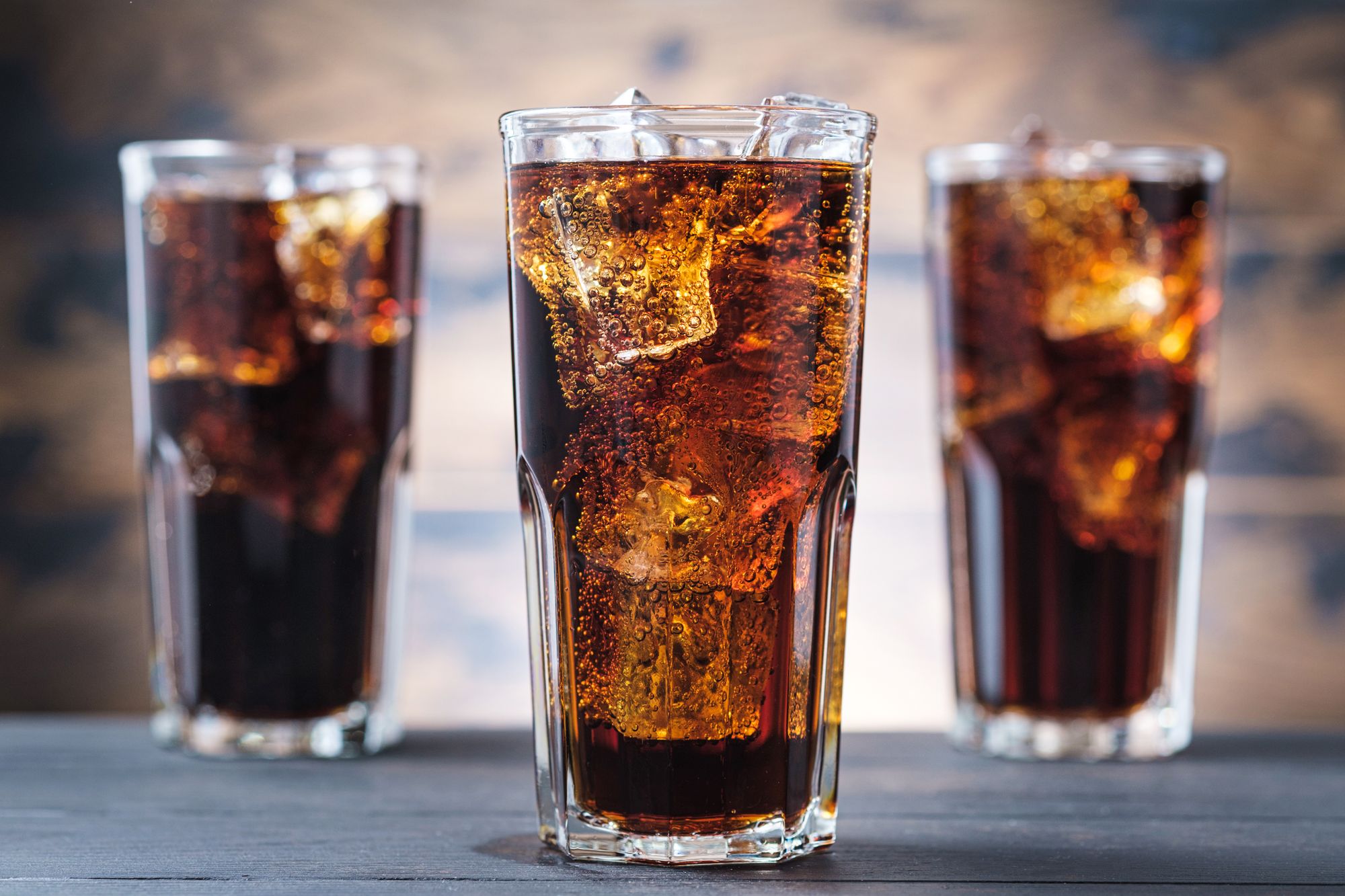
Regular soda, a single can of which can contain around 40 grams of added sugar, poses a significant threat to your waistline and overall health. Excessive sugar consumption has been linked to body inflammation, insulin resistance, and chronic inflammation. Soda not only contributes empty calories that can lead to weight gain but can also strain the liver, causing excess calories to be converted into fat. While soda is the most well-known sugar-sweetened drink, other beverages like juice, energy drinks, coffee drinks, and sweet tea can also contribute to belly fat.
If you crave carbonation, consider opting for unsweetened carbonated water or low-sugar soda alternatives like OLIPOP. These options contain fewer than five grams of sugar per can and even provide fiber, a nutrient that supports a healthy gut microbiome.
5) Sugary Alcoholic Drinks:

Indulging in sugary alcoholic beverages presents a double whammy for abdominal inflammation. Drinks like margaritas can contain over 30 grams of added sugar, contributing to inflammation and the accumulation of belly fat. Moreover, alcohol itself can cause inflammation and potentially lead to liver and gut issues. Studies have linked alcohol consumption to greater amounts of visceral fat, leading to a host of potential health complications.
To mitigate the negative impact of your drinks, opt for beverages without added sugar and limit your alcohol intake to no more than two drinks per day.
6) Microwave Popcorn:

While popcorn itself can be a nutritious snack, the microwave varieties often come with a downside: high sodium and trans fat content. The heavily buttered and flavored options tend to have the highest levels of these undesirable nutrients. Trans fats are known to promote inflammation and belly fat, while excessive sodium intake can also lead to inflammation and increased body fat.
Instead of reaching for flavored microwave popcorn, consider air-popped kernels as a healthier alternative. Lightly season them with grated Parmesan cheese for a light salty flavor that contains less sodium and zero trans fats.
7) Meal Replacement Bars:
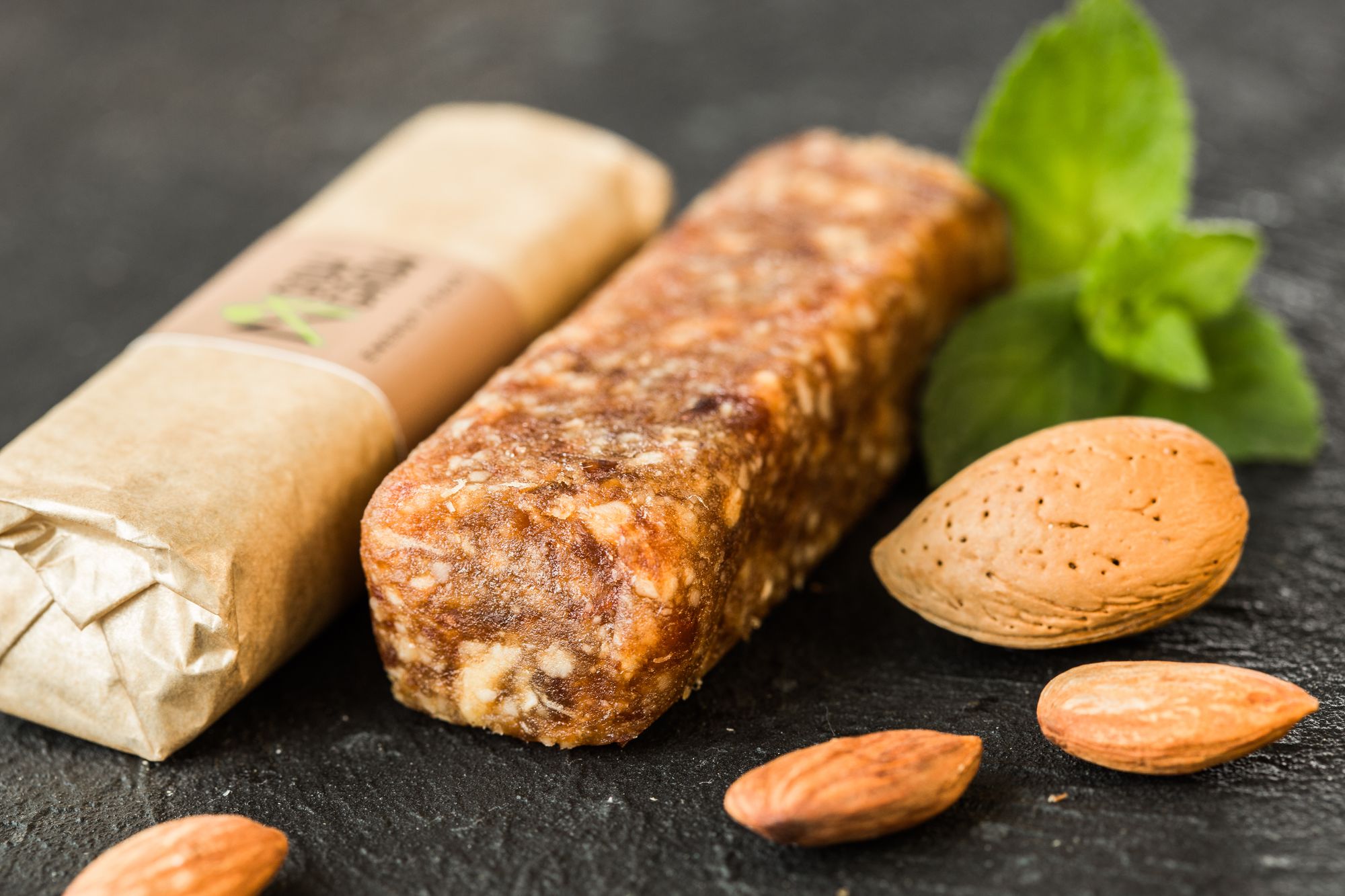
Meal replacement bars may seem convenient when you're busy or on the go, but they often fall short in terms of their ingredients. Many of these bars contain added sugar, a well-known inflammatory ingredient that can contribute to belly fat. Furthermore, some bars may also contain trans fats and insufficient fiber content, further exacerbating the issue. It's generally preferable to opt for whole foods rather than relying heavily on meal replacement bars.
If you find it difficult to resist the convenience of bars, choose options with fewer than five grams of added sugar, zero trans fats, and at least three grams of fiber. Alternatively, consider simple homemade meals, such as deli turkey wrapped around a part-skim cheese stick, accompanied by an apple and peanut butter.
8) Chips:
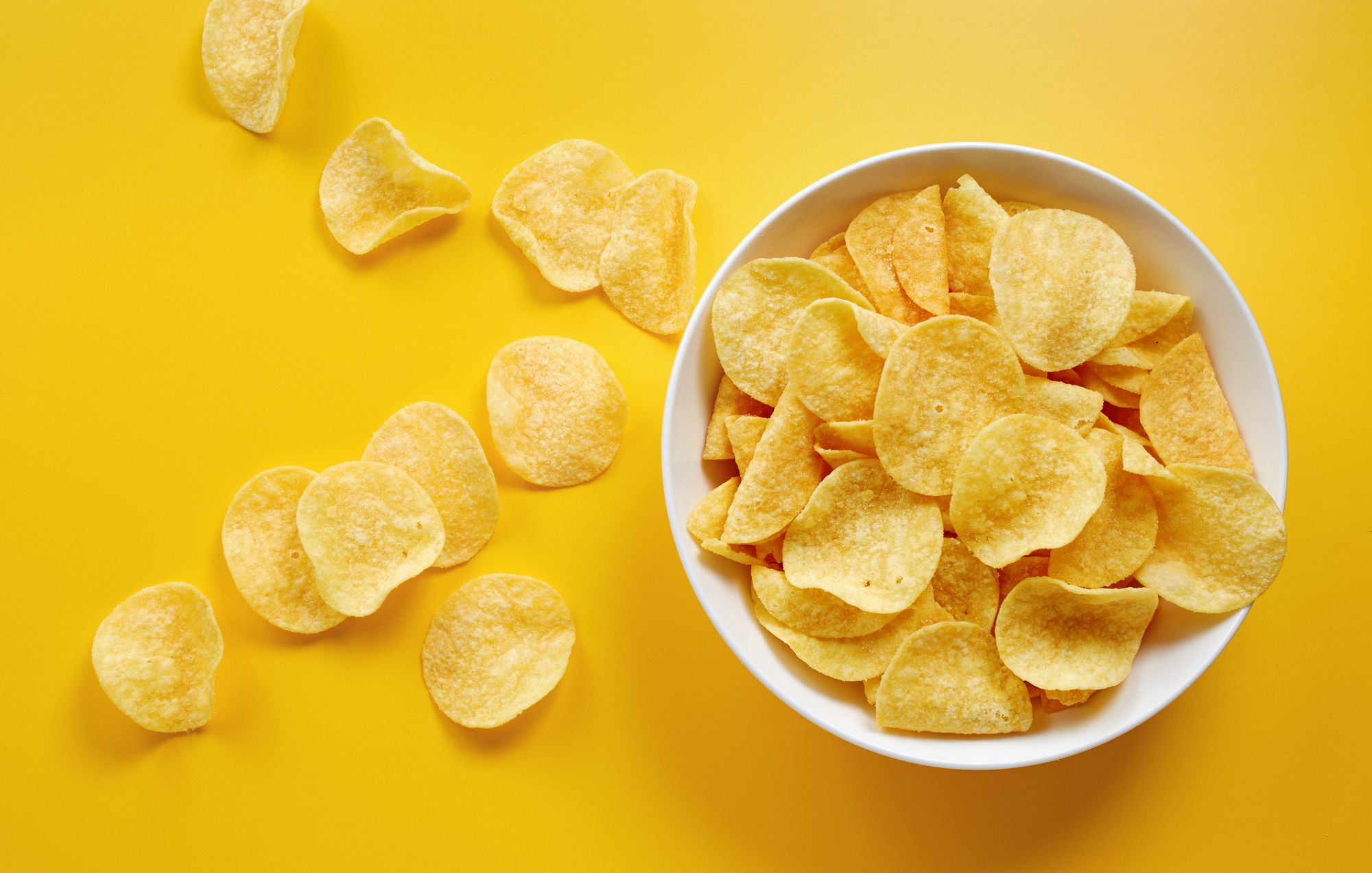
Chips, another beloved snack, are yet another salty and crunchy culprit that can contribute to inflammation and belly fat. Their high sodium content can lead to inflammation and adiposity, while the trans fats commonly found in chips can have similar effects. While there is no need for any trans fat in your diet, sodium itself is an essential nutrient. Opting for lightly salted chips can help fulfill your craving for salt while avoiding excessive sodium intake. Furthermore, choosing chips cooked in non-hydrogenated oils will help you steer clear of trans fats. Keep an eye out for "hydrogenated" or "partially-hydrogenated oil" in the ingredient list, as they indicate the presence of trans fats.
By being aware of these inflammatory foods and taking steps to eliminate or reduce their consumption, you can support a healthier belly fat profile and mitigate the associated health risks.

